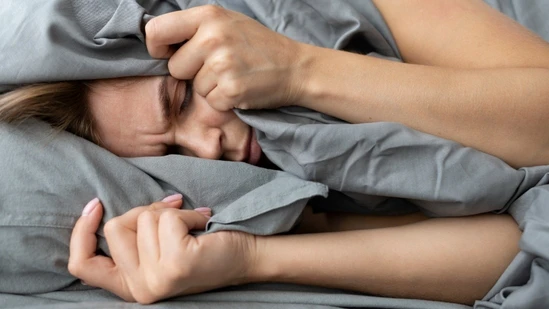Cardiologist explains why you need to have dinner at least 3 hours before sleeping

Cardiologist explains why you need to have dinner at least 3 hours before sleeping
For many of us, ending our day often looks like eating meals between 8 and 9 PM or later, and then going straight to sleep. But, according to Dr Alok Chopra, cardiologist and functional medicine expert, it is essential to eat at least three hours before you go to bed, and there’s a scientific reason behind it.
‘Eat meals at least 3 hours before sleep’
You may have noticed your grandparents finishing their last meal of the day between 6 and 7 PM, and avoiding eating anything after that. In fact, those who practise intermittent fasting also avoid eating after a certain time. Turns out there is a huge health benefit behind this practice.
According to Dr Chopra, whether you’re following intermittent fasting or not, it’s essential to eat at least three hours before bedtime. He explained, “Sleep is your body’s time to repair, restore, and rejuvenate – not to keep your digestive system working overtime. Let sleep do what it’s meant to do. Eat meals at least 3 hours before sleep.”
Here’s how eating meals 3 hours before sleep helps
Dr Alok warned, “Most people are eating their last meal and going straight to sleep. Stop that habit immediately.” Why?
According to the cardiologist, it’s extremely important to stop eating three hours before you sleep because sleep requires the least energy and fuel. He explained, “During sleep, we experience detox, repair, rest, and rejuvenation. Eating a meal just before sleeping disrupts this process because the body gets involved in digestion rather than these other beneficial functions. The ketones get used up, and glycogen is depleted.”
While he advised the optimum time between your sleeping schedule and the last meal of the day to be 3 hours, Dr Alok highlighted, “By the way, three hours is sufficient, but it’s better to wait four to six hours before you sleep.”
Note to readers: This article is for informational purposes only and not a substitute for professional medical advice. Always seek the advice of your doctor with any questions about a medical condition.









